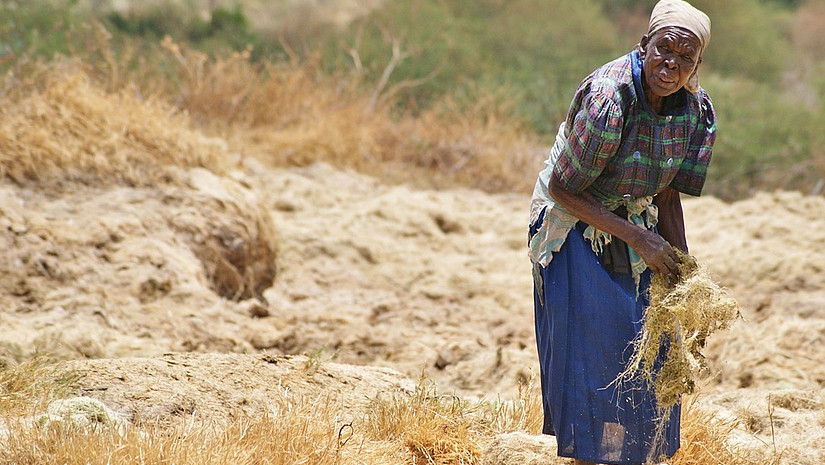Working Conditions along Agricultural Value Chains
Abstract
Agricultural production systems are assessed as human activity systems that are established and maintained by the farmers through their actions. Therefore emphasis is put on the perspective and knowledge of the farmers or agricultural workers when assessing the working conditions in different agricultural systems and their scope for creating productive employment.
Besides the assessment of the status quo, the project also deals with possibilities to change working and living conditions for the farmers. Here, we assess the role of social learning to facilitate successful uptake of innovations, for instance, knowledge-intensive strategies in low external input systems.
Project's Aims
- Participatory assessment of working conditions in different agricultural production systems
- Promotion of social learning as a strategy of empowerment to improve living and working conditions of farmers in low external input system
Expected Contribution to the Decent Work Agenda
Results will contribute to the evaluation of different livestock-based production systems for their potential to provide job opportunities. The perspective of the stakeholders on the prevailing working conditions will show which aspects of decent work are of special importance to them and where they see the need for improvement. This will also contribute to the general discussion on a location-specific use and validity of criteria for decent work.
Improving a low external input systems is a challenge for governments, scientists and other stakeholders concerned. Farmers in these systems are often sparsely endowed with natural, financial and human capital. In this situation, social learning profits from existing social capital and contributes to an increase in human capital; if successfully employed, it will finally lead to an increase in financial and natural capital.

